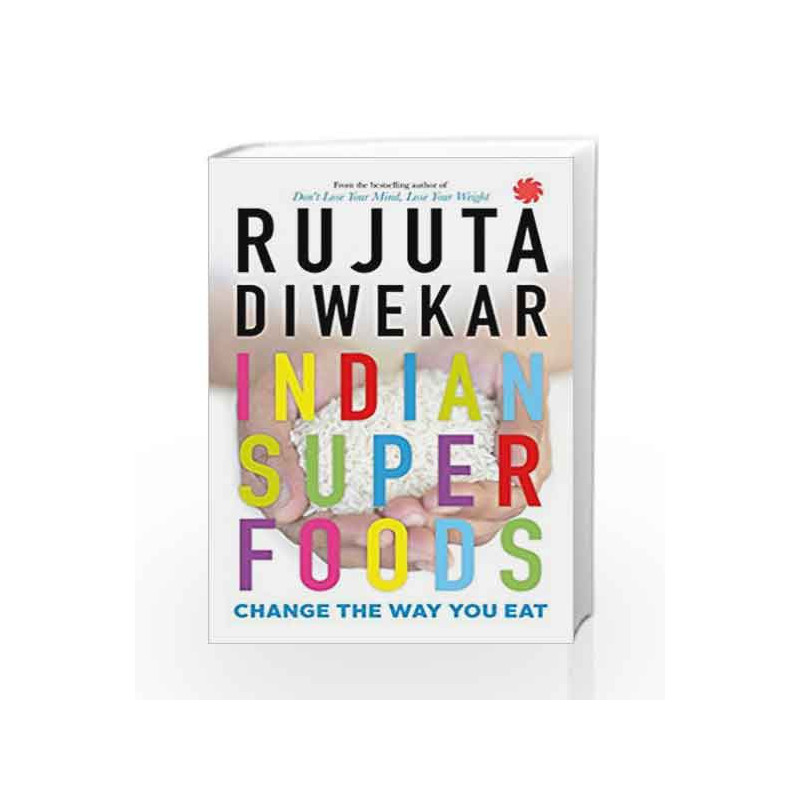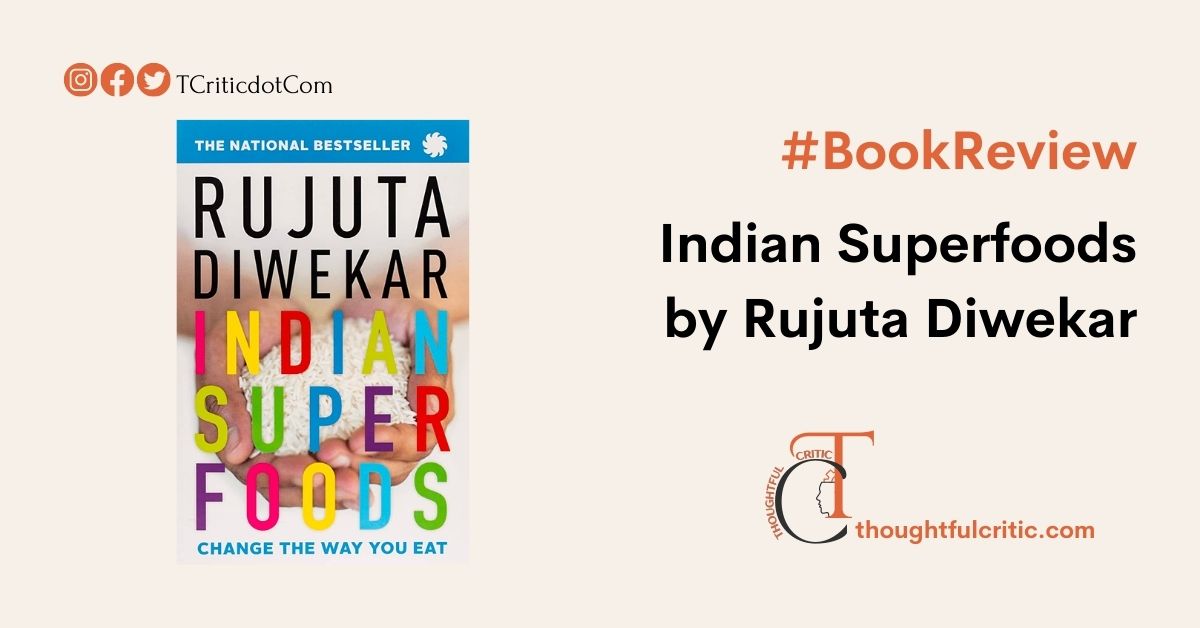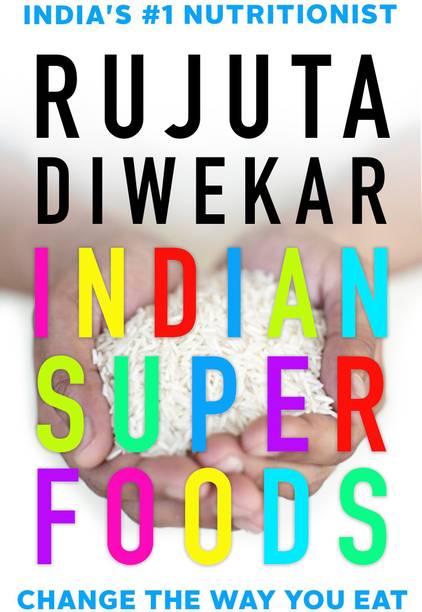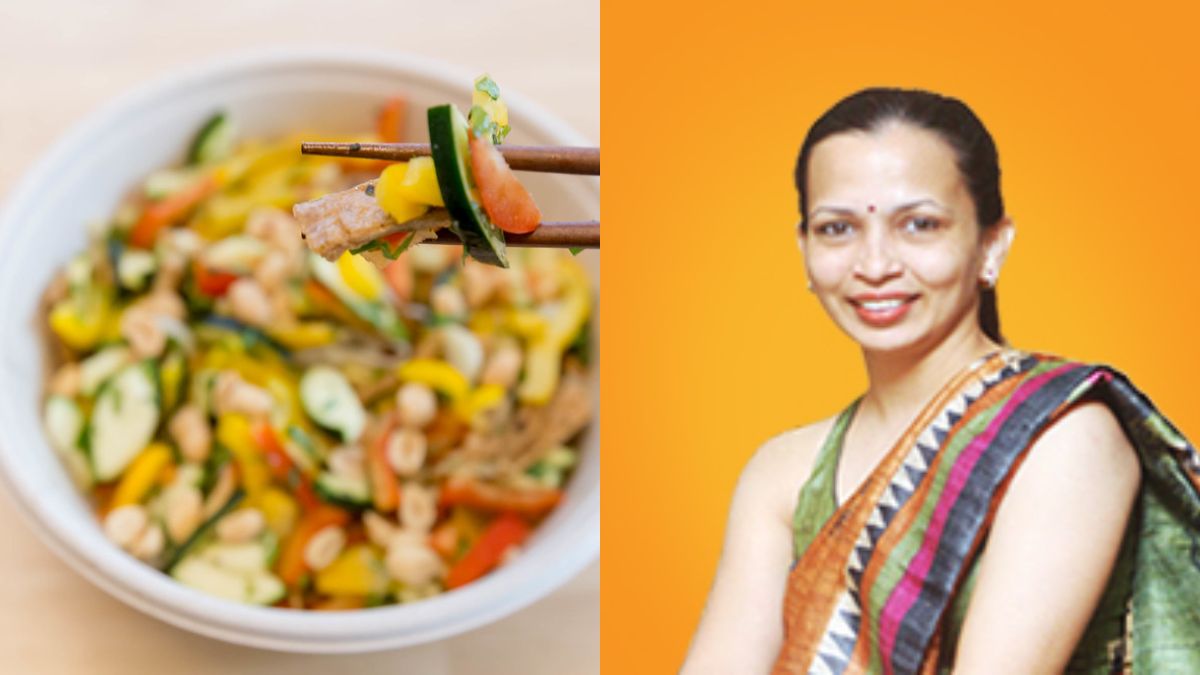Indian Superfoods Change The Way You Eat By Rujuta Diwekar

In an era dominated by global food trends and fleeting diet fads, a powerful counter-narrative is gaining momentum. It's a story rooted in ancient wisdom, celebrating the nutritional powerhouses that have sustained generations: Indian superfoods. Celebrated nutritionist Rujuta Diwekar is spearheading a movement, urging people to rediscover the forgotten treasures within their own culinary heritage.
At the heart of this movement lies a profound message: sustainable health and well-being can be achieved by embracing locally sourced, seasonal, and traditionally prepared foods. Instead of chasing elusive superfoods from distant lands, Diwekar champions the inherent nutritional value of Indian staples. Her work is a compelling call to action, prompting a reevaluation of our eating habits and a return to our roots.
The Rujuta Diwekar Revolution: Back to Basics
Rujuta Diwekar, a renowned nutritionist and fitness expert, has spent years demystifying nutrition and promoting a holistic approach to health. Her books, workshops, and social media platforms serve as powerful educational tools. She emphasizes the importance of mindful eating, portion control, and regular physical activity, all grounded in the principles of traditional Indian cuisine.
Diwekar's philosophy directly challenges the notion that health requires expensive supplements or exotic ingredients. She stresses the power of simplicity and the importance of connecting with our food culture. "Eat local, think global" is her mantra, reflecting a belief that sustainable health is intrinsically linked to our environment and heritage.
Unveiling the Indian Superfoods
What exactly constitutes an Indian superfood, according to Diwekar? These are everyday ingredients, often overlooked in favor of trendier options. Ghee, for instance, is lauded for its healthy fats and digestive benefits, contrary to past demonization.
Similarly, lentils (dals) are celebrated as protein powerhouses, essential for muscle building and overall health. Millets, like ragi and jowar, offer a gluten-free alternative rich in fiber and micronutrients. Even humble bananas are promoted as a pre- and post-workout energy source.
Diwekar also highlights the significance of traditional cooking methods. Fermentation, for example, enhances the bioavailability of nutrients in foods like idli and dosa. Using traditional spices not only adds flavor but also provides potent antioxidants and anti-inflammatory compounds.
The Scientific Backing
While Diwekar's approach is rooted in traditional wisdom, it's increasingly supported by scientific research. Studies have shown the beneficial effects of ghee on cholesterol levels. Research also supports the role of lentils in regulating blood sugar and promoting gut health, according to studies published in the Journal of the American College of Nutrition.
Furthermore, organizations like the Indian Council of Medical Research (ICMR) are actively promoting the consumption of millets to combat malnutrition and improve public health. The growing body of evidence reinforces the validity of Diwekar's claims and validates the importance of incorporating these foods into our diets.
The Impact and the Challenges
Diwekar's influence is undeniable. Her work has inspired a renewed interest in traditional Indian cuisine. Many individuals are reporting improved digestion, increased energy levels, and better overall health after adopting her recommendations.
However, challenges remain. The allure of processed foods and convenient meal options continues to compete with the effort required to prepare traditional meals. Also, misinformation and marketing tactics by the food industry can mislead consumers.
Accessibility to locally sourced ingredients can also be a barrier for some individuals. Promoting awareness and making healthy food choices more accessible is crucial for widespread adoption of Diwekar's principles.
Looking Ahead: A Sustainable Path to Health
The movement towards embracing Indian superfoods is more than just a dietary trend; it's a paradigm shift. It represents a move towards sustainable eating habits, celebrating cultural heritage, and promoting environmental consciousness.
Rujuta Diwekar's work provides a blueprint for a healthier future. By rediscovering the nutritional treasures within our own cuisine, we can cultivate a more sustainable and fulfilling relationship with food. It's a journey back to basics, empowering individuals to take control of their health and well-being, one delicious, nutritious meal at a time.

















